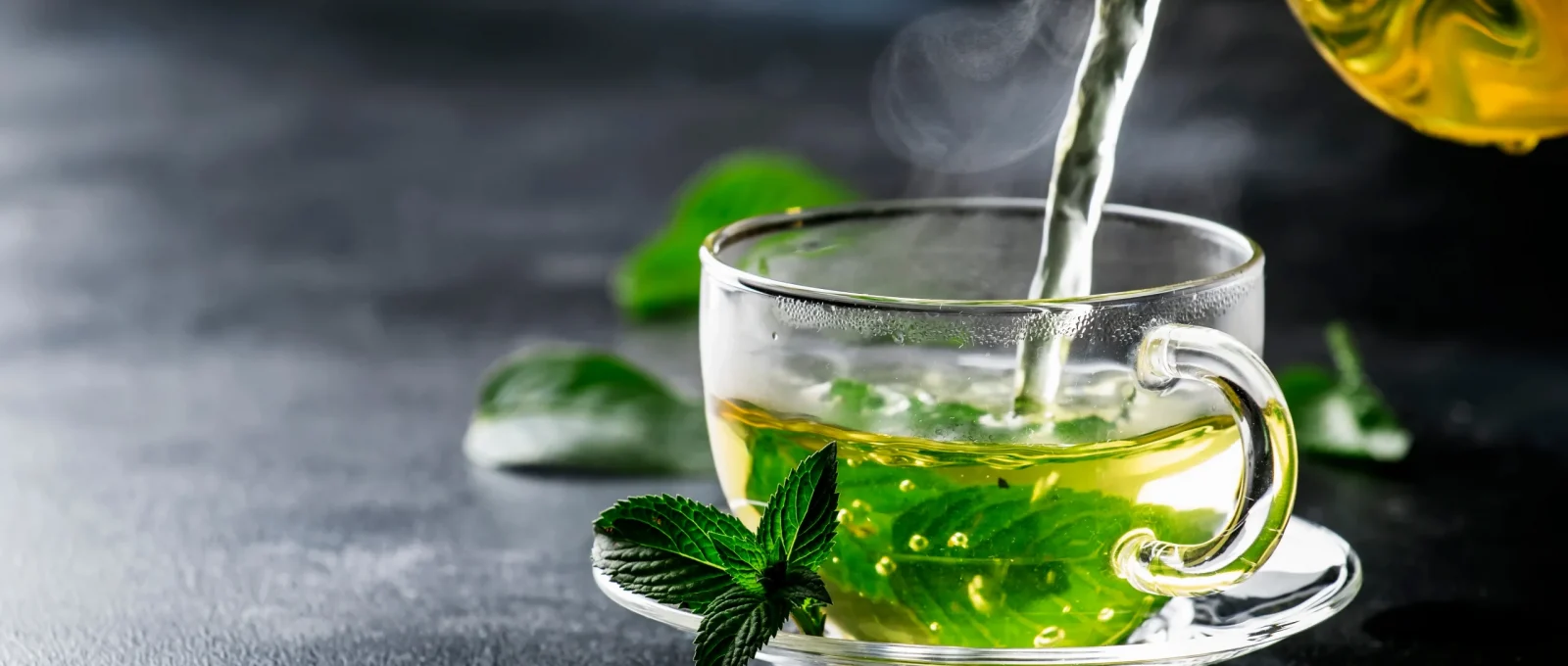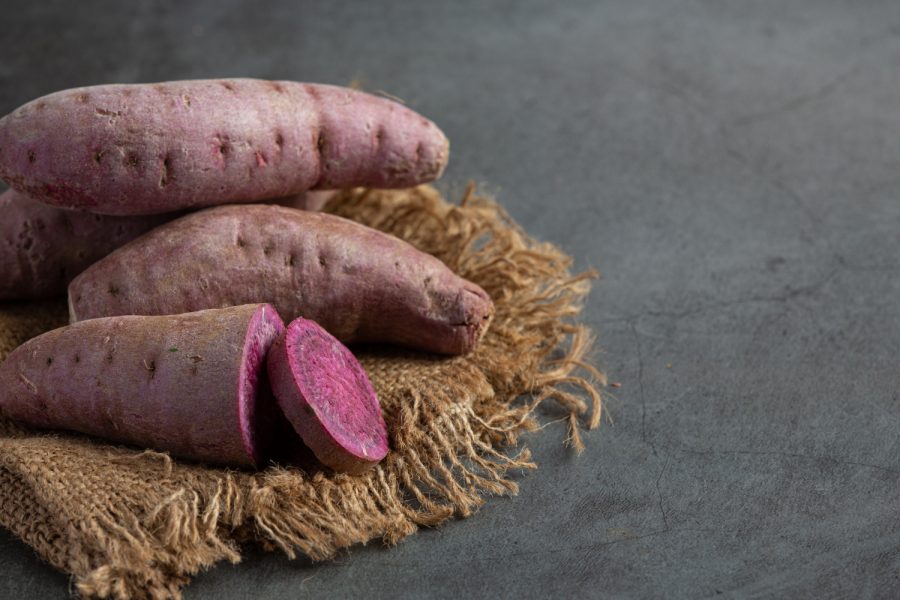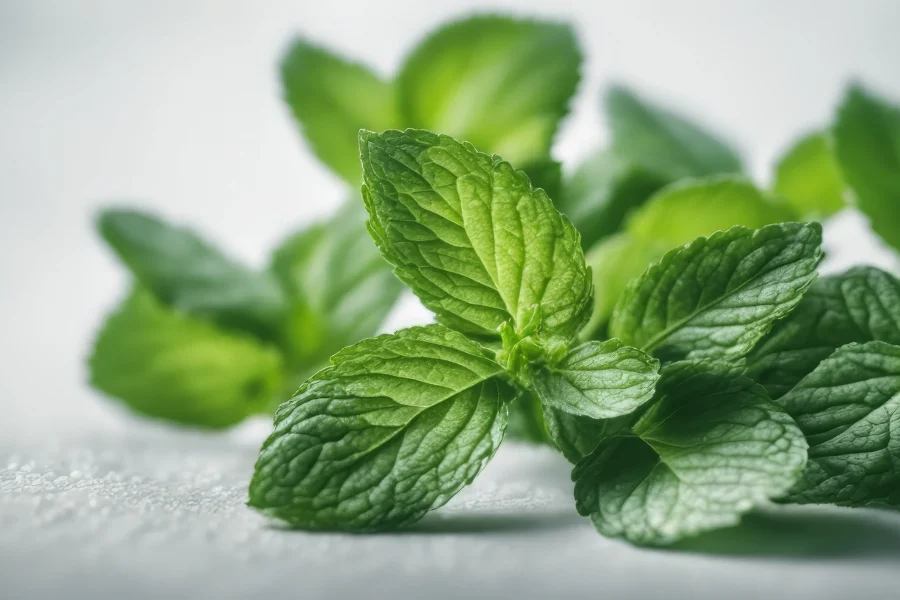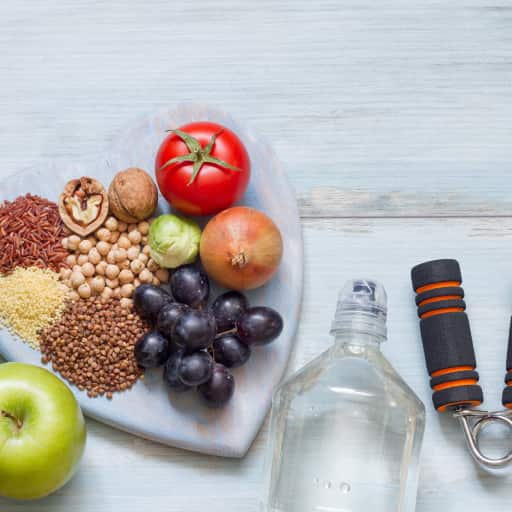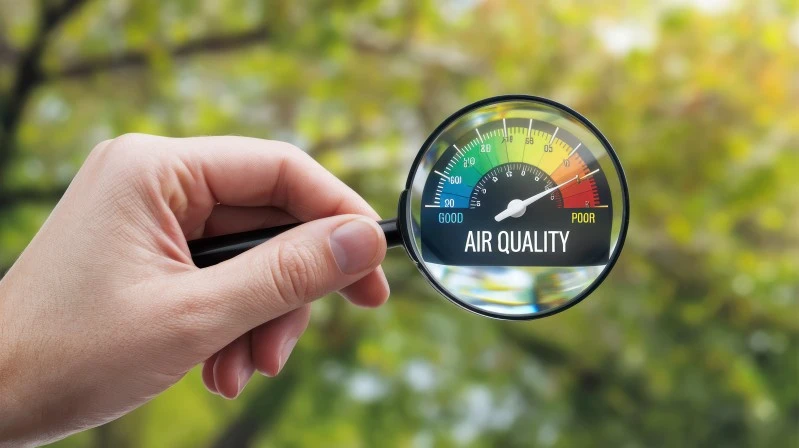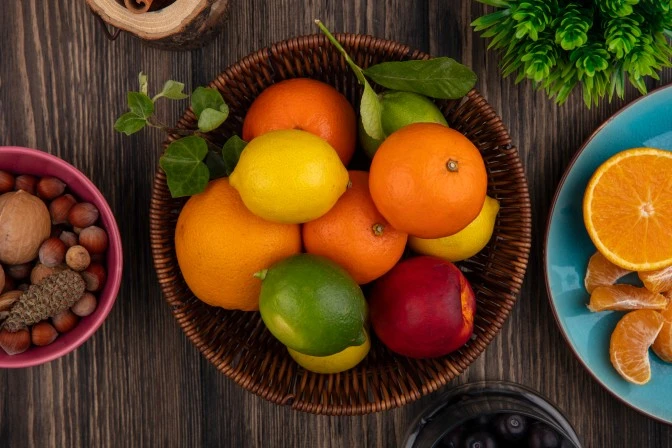When it comes to superfoods, few drinks spark as much debate as matcha vs green tea. Both are rich in antioxidants, promote weight management, and offer energy-boosting benefits.
But are they really the same thing? If not, which should you include in your diet?
This guide breaks it down—nutrition, taste, preparation, and health benefits—so you can decide which one fits your lifestyle best.
What Is Green Tea?
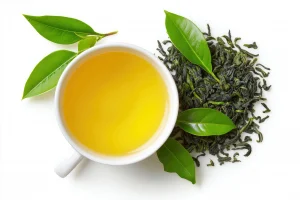
Green tea comes from the Camellia sinensis plant. The leaves are steamed, dried, and brewed in hot water, giving you a refreshing drink that’s light in flavor and rich in catechins (antioxidants that fight inflammation and support heart health).
It’s one of the most popular beverages worldwide and it helps one stay hydrated, boost energy and overall health.
What Is Matcha?
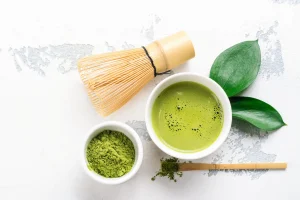
Matcha is also made from the Camellia sinensis plant—but grown and prepared differently. The leaves are shade-grown before harvest, which boosts their chlorophyll and amino acid (especially L-theanine) content. After harvesting, the leaves are stone-ground into a fine green powder.
When you drink matcha, you’re consuming the entire leaf, not just the infusion. That means more nutrients, more caffeine, and a richer flavor profile compared to green tea.
Matcha vs Green Tea: Key Differences
Let’s understand how they compare:
| Factor | Green Tea | Matcha |
| Form | Whole leaves brewed in water | Powdered whole leaf whisked into water |
| Caffeine | 25–35 mg in one cup | 60–70 mg in one cup |
| Taste | Light, grassy, slightly astringent | Rich, creamy, earthy, umami |
| Preparation | Steep tea leaves in hot water | Whisk powder into hot water (no straining) |
Matcha vs Green Tea: Nutrition Comparison
Did you know, matcha is more nutrient-dense compared to green tea? That’s because, unlike green tea, people consume the whole leaf of matcha. Let’s look at their nutritional differences:
| Nutrient | Green Tea (1 cup) | Matcha (1 cup) |
| Catechins (EGCG) | High | Higher (up to 3x more) |
| Caffeine | 25–35 mg | 60–70 mg |
| L-theanine | Present | Higher |
| Antioxidants (ORAC score) | ~1,200 units | ~1,400–1,500 units |
Health Benefits of Green Tea
Green tea is backed by decades of research for its health benefits:
- ✅ Supports heart health by lowering LDL cholesterol.
- ✅ Aids weight management by boosting metabolism.
- ✅ Reduces diabetes risk by improving insulin sensitivity.
- ✅ Protects the brain against age-related decline.
- ✅ Supports immunity thanks to powerful catechins.
Health Benefits of Matcha
Because you’re consuming the whole leaf, matcha is a nutrient powerhouse:
- ✅ Contains more antioxidants compared to regular green tea.
- ✅ Boosts focus and a sense of calmness (caffeine + L-theanine synergy).
- ✅ Improves liver health by reducing oxidative stress.
- ✅ Helps weight loss through enhanced fat burning.
- ✅ Boosts energy without the jitters of coffee.
Which Is Better: Matcha or Green Tea?
Both drinks are excellent choices for health, but the right one depends on your needs:
- If you want a light, everyday drink → choose green tea.
- If you want a nutrient-dense, energizing upgrade → go for matcha.
Which Should You Choose Based on Your Goals?
So, which should you choose—matcha or green tea? It depends on your health goals:
- ✅ For daily hydration & gentle energy: Go for green tea.
- ✅ For a stronger energy boost & focus: Pick matcha.
- ✅ For weight management support: Both help, but matcha has a slight edge.
- ✅ For antioxidant power: Matcha wins—it’s richer in catechins.
- ✅ For beginners or those sensitive to caffeine: Start with green tea.
- ✅ For liver health & detox support: Both are good, but matcha provides more concentrated antioxidants.
Bottom line: If you want a mild, everyday health drink, have green tea. But if you’re looking for a nutrient-dense, energizing upgrade, matcha is the way to go.
In the matcha vs green tea debate, the best choice ultimately depends on your lifestyle, health priorities, and taste preference.





 1800-270-7000
1800-270-7000

